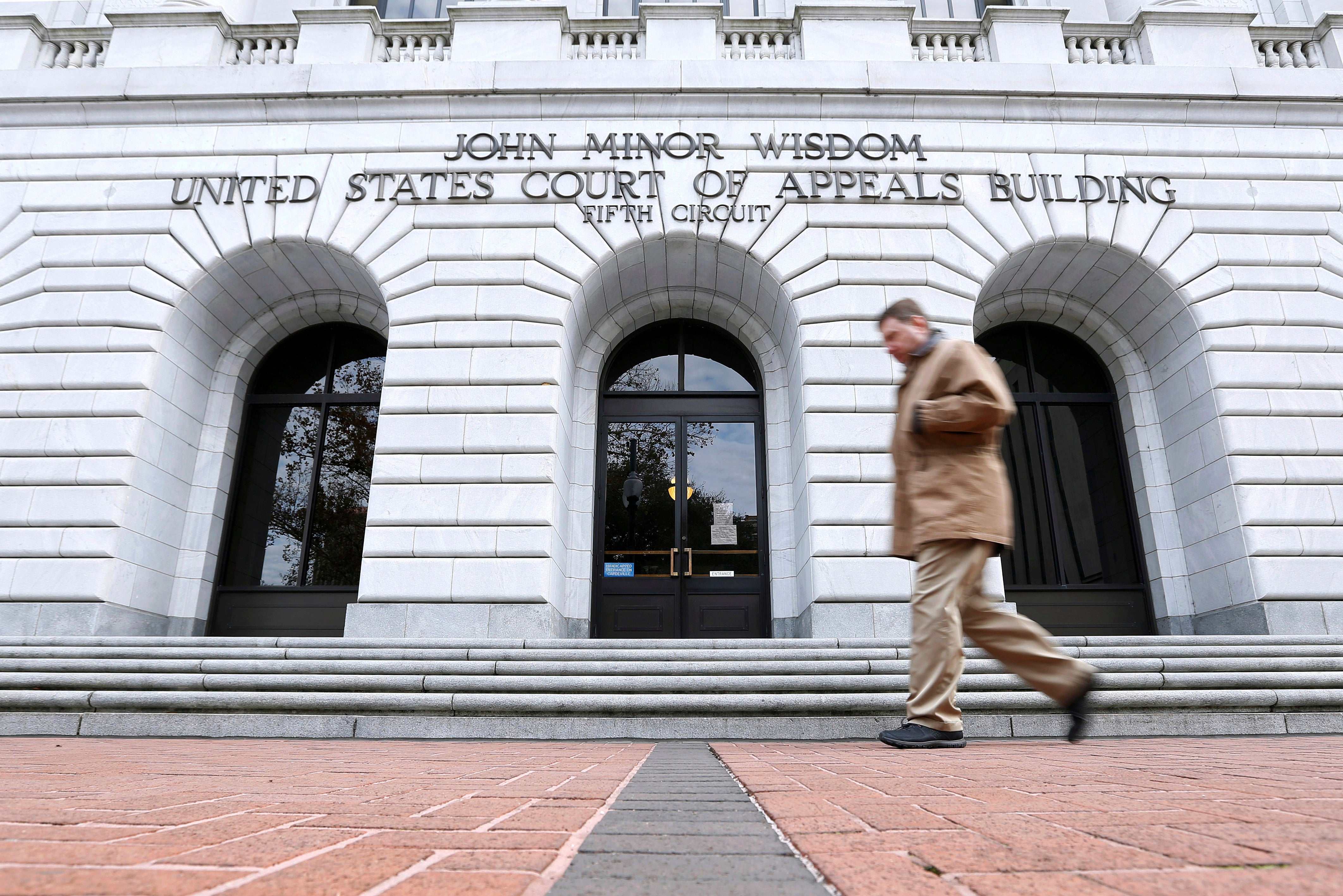Appeals court: Separate, distinct minority groups can't join together to claim vote dilution
A divided federal appeals court has ruled that separate, distinct minority groups cannot join together in coalitions to claim their votes are diluted in redistricting cases under the federal Voting Rights Act

Your support helps us to tell the story
From reproductive rights to climate change to Big Tech, The Independent is on the ground when the story is developing. Whether it's investigating the financials of Elon Musk's pro-Trump PAC or producing our latest documentary, 'The A Word', which shines a light on the American women fighting for reproductive rights, we know how important it is to parse out the facts from the messaging.
At such a critical moment in US history, we need reporters on the ground. Your donation allows us to keep sending journalists to speak to both sides of the story.
The Independent is trusted by Americans across the entire political spectrum. And unlike many other quality news outlets, we choose not to lock Americans out of our reporting and analysis with paywalls. We believe quality journalism should be available to everyone, paid for by those who can afford it.
Your support makes all the difference.Distinct minority groups cannot join together in coalitions to claim their votes are diluted in redistricting cases under the Voting Rights Act, a divided federal appeals court ruled Thursday, acknowledging that it was reversing years of its own precedent.
At issue was a redistricting case in Galveston County, Texas, where Black and Latino groups had joined to challenge district maps drawn by the county commission. A federal district judge had rejected the maps, saying they diluted minority strength. A three-judge panel of the New Orleans-based 5th U.S. Circuit Court of Appeals initially upheld the decision before the full court decided to reconsider the issue, resulting in Thursday's 12-6 decision.
Judge Edith Jones, writing for the majority, said such challenges by minority coalitions “do not comport” with Section 2 of the Voting Rights Act and are not supported by Supreme Court precedent The decision reverses a 1988 5th Circuit decision and is likely to be appealed to the Supreme Court.
“Nowhere does Section 2 indicate that two minority groups may combine forces to pursue a vote dilution claim,” Jones, nominated to the court by former President Ronald Reagan, wrote. “On the contrary, the statute identifies the subject of a vote dilution claim as ‘a class,’ in the singular, not the plural.”
Jones was joined by 11 other nominees of Republican presidents on the court. Dissenting were five members nominated by Democratic presidents and one nominee of a Republican president. The 5th Circuit reviews cases from federal district courts in Texas, Louisiana and Mississippi.
“Today, the majority finally dismantled the effectiveness of the Voting Rights Act in this circuit, leaving four decades of en banc precedent flattened in its wake,” dissenting Judge Dana Douglas, nominated to the court by President Joe Biden. Her dissent noted that Galveston County figures prominently in the nation's Juneteenth celebrations, marking the date in 1865, when Union soldiers told enslaved Black people in Galveston that they had been freed.
“To reach its conclusion, the majority must reject well-established methods of statutory interpretation, jumping through hoops to find exceptions,” Douglas wrote.